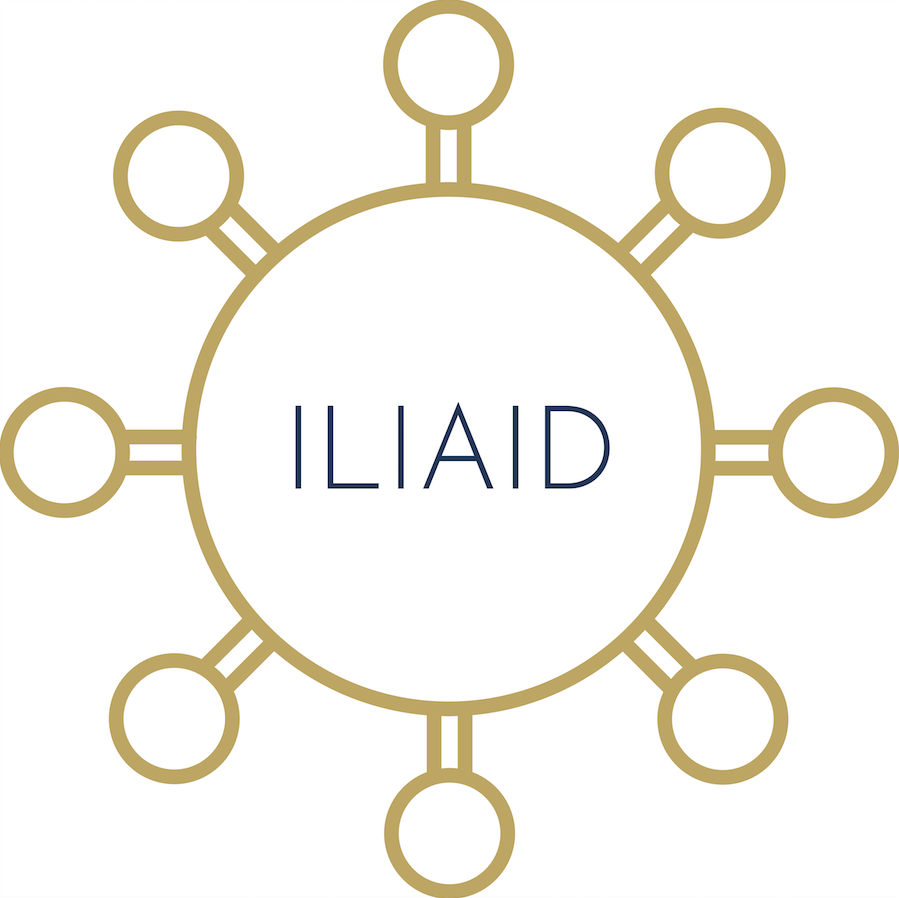International Law Impact and Infectious Disease (ILIAID) Consortium
Examining issues relating to the governance and impact of international law on infectious diseases

Objectives
The International Law Impact and Infectious Disease (ILIAID) Consortium brings together academics, lawyers, researchers, and policy-makers from diverse backgrounds and disciplines to examine issues relating to governance and the impact of international law on infectious diseases.
Need
ILIAID focuses on the impact of international law in relation to emerging and re-emerging infectious disease outbreaks. With advancements in technology and increasing recognition of issues of equity and justice (in both global health and international law), new questions relating to governance and international law arise. In particular, the overlap between areas of international law – such as between global health law and environmental law or human rights law – further highlights the need for particular legal and governance expertise dedicated to examining ILIAID issues. Furthermore, assumptions about the impact (or lack of impact) of international law in preventing, detecting, and responding to outbreaks continue to arise in outbreaks, despite commissions following major outbreaks reiterating the importance of compliance with legal obligations, for both states and international organizations, including on matters of governance, transparency, accountability, and human rights. ILIAID brings together academics, lawyers, researchers, and policy-makers to examine and build an evidence base, supported by innovative data architecture, to demonstrate the impact of good governance and international law in preventing, detecting, and responding to infectious diseases.
Areas of Focus
Over the past five years, we have worked on a number of research projects on issues relevant to ILIAID, including academic research work in collaboration with international organizations, governments, and non-profit organizations. Our work has examined the public health, legal, normative, and governance angles of international laws including the:
- International Health Regulations (2005): a unique international treaty aimed at preventing, detecting, and responding to the international spread of infectious diseases while avoiding unnecessary interference with international travel and trade.
- Nagoya Protocol on Access to Genetic Resources and the Fair and Equitable Sharing of Benefits Arising from their Utilization (2010): a protocol to the Convention on Biological Diversity, with implications and opportunities for human pathogen sharing and the equitable sharing of benefits arising from the use of pathogens, such as vaccines.
- Pandemic Influenza Preparedness Framework (2011): a non-binding instrument, governing the use of legally binding contracts supportive of an access and benefits sharing regime for the sharing of influenza viruses with human pandemic potential and the benefits from their use, including vaccines and diagnostics.
- International Convention on Economic, Social and Cultural Rights (1966): a binding international treaty that sets out state obligations to respect, protect, and fulfill human rights, including non-discrimination and the right to health.
- International Convention on Civil and Political Rights (1966): a binding international treaty which sets out state obligations to respect, protect, and fulfill human rights, including the right to life, the right to freedom from cruel, inhuman, and degrading treatment, and the right to freedom of movement.
- United Nations Framework Convention on Climate Change (1992): an international framework treaty, with specific protocols including the Kyoto Protocol and the Paris Agreement, with the aim of stabilizing greenhouse gas concentrations in the atmosphere at a level that would prevent dangerous anthropogenic climate change and adaptation to climate change.
- United Nations Security Council Resolutions: examining global health issues through the UNSC’s mandate for international peace and security, including UNSC Resolution 1308 (2000) on HIV/AIDS, UNSC Resolution 2177 (2014) on the Ebola outbreak in West Africa, and UNSC Resolution 2439 (2018) on the Ebola outbreak in the Democratic Republic of the Congo.
Our work examines these instruments as they relate to global health, using an innovative data architecture that allows for analytics by Consortium members and researchers around the world.
Latest Projects
Rourke M., Phelan A, Katz R. Access and Benefit-Sharing: Implications for Accessing Biological Samples for United Nations Secretary-General Mechanism Investigations. ILIAID White Paper (December 2019).
- This ILIAID White Paper examines the implications of access and benefit-sharing regimes, including the Nagoya Protocol, on sample sharing and the operation of the United Nations Secretary-General’s Mechanism (UNSGM) to investigate alleged uses of biological weapons.
- A side event to the Biological Weapons Convention Meeting of Parties will be held to launch the White Paper on Wednesday 4 December 2019, 9.00-10.00, Room XXIII, United Nations, Geneva.
Publications
Wenham C, Phelan A, Eccleston-Turner M, Halabi S. Reforming the Declaration Power for Global Health Emergencies. International Law Impact and Infectious Disease (ILIAID) Consortium IHR Reform White Paper Series (1).(November 2020)
Katz R. (2019). Pandemic policy can learn from arms control. Nature, 575, 259.
Contact
For questions, comments, or other inquiries about this line of work, please contact iliaid@georgetown.edu.


